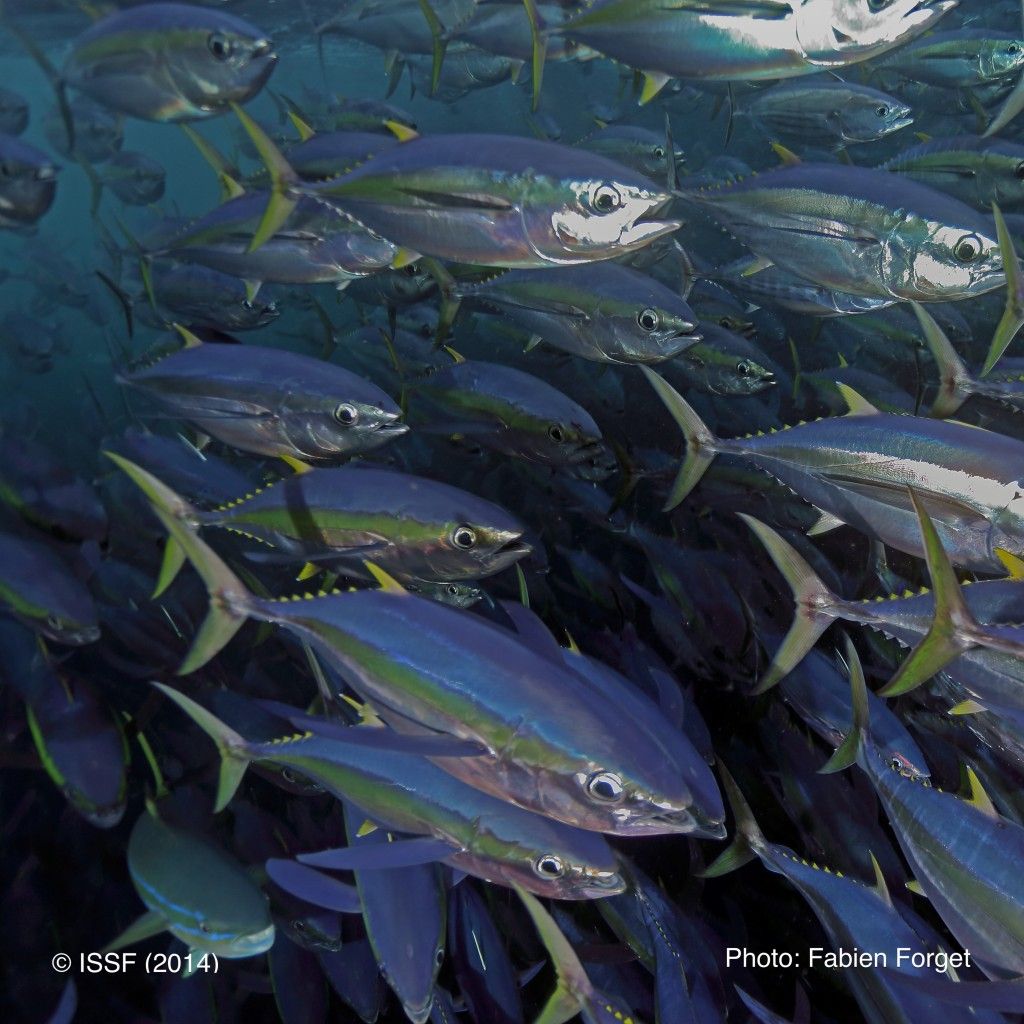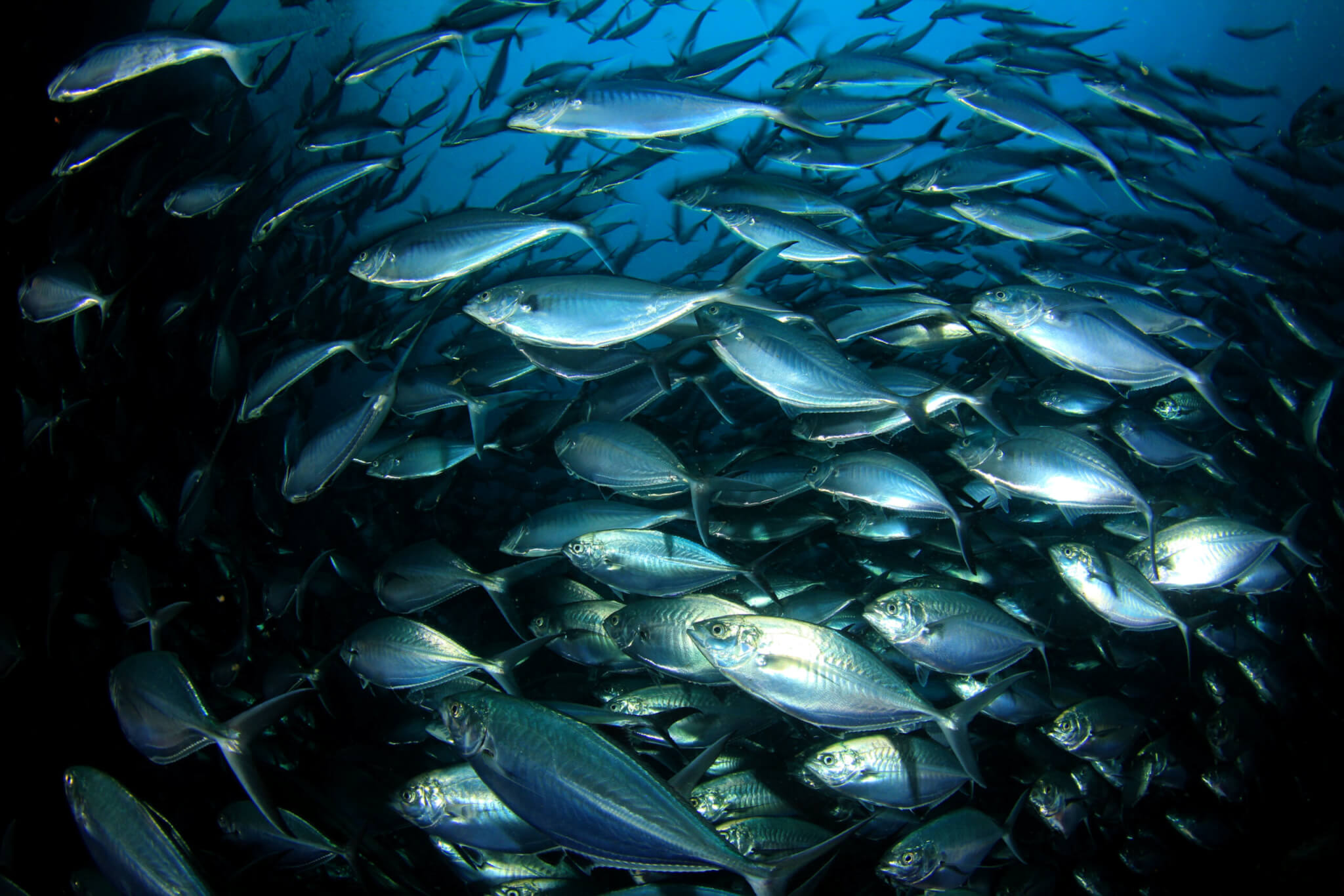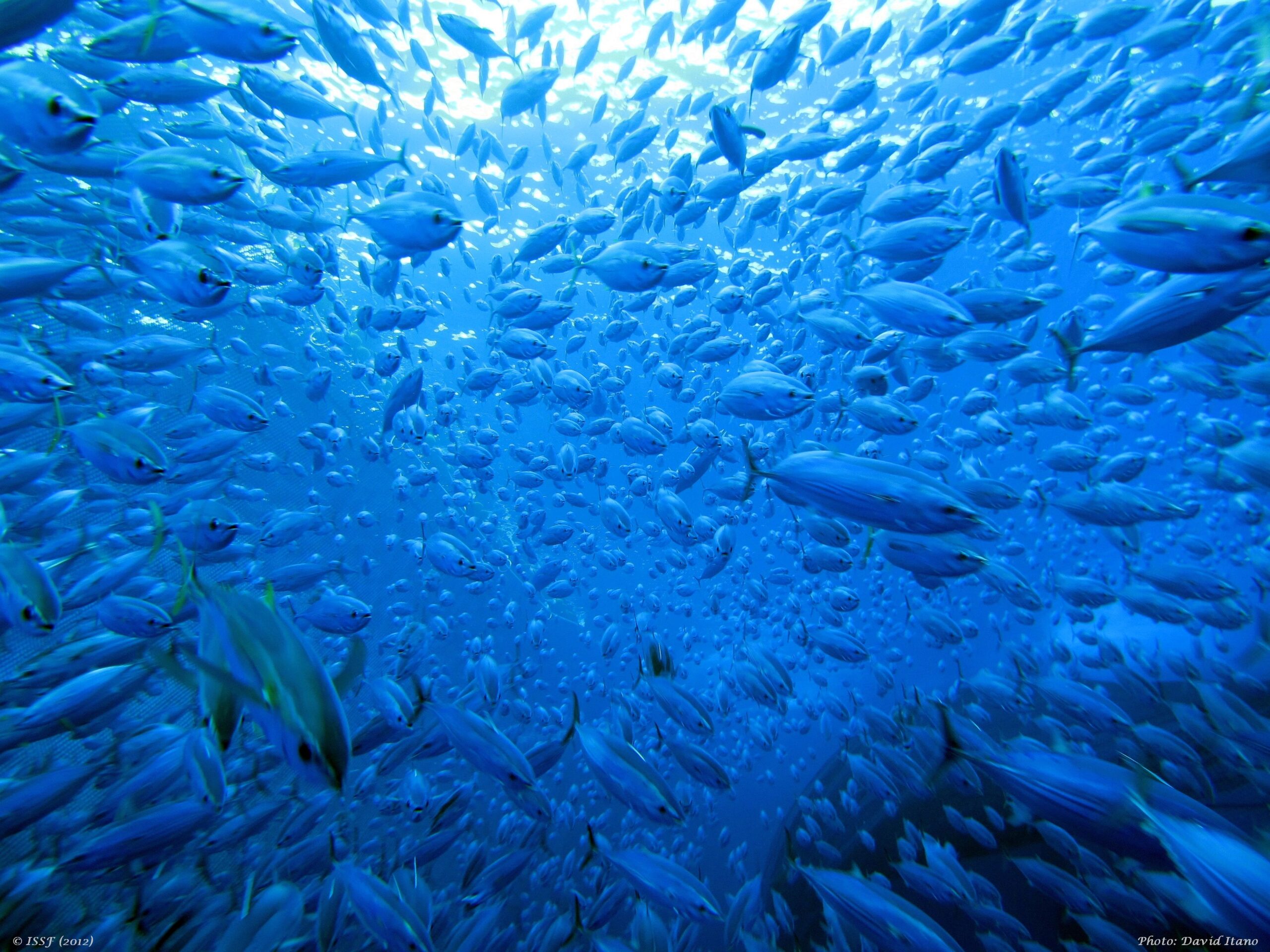
Minimum Standards for Electronic Monitoring Is Top “Win” for Improved Tuna Fisheries Management at IATTC Annual Meeting
The International Seafood Sustainability Foundation (ISSF) is welcoming positive outcomes for Eastern Pacific Ocean (EPO) tuna fisheries at the conclusion of the Sept. 2-6 annual meeting of the Inter-American Tropical Tuna Commission (IATTC).
We are especially pleased that the Commission reached agreement on interim electronic monitoring (EM) standards, demonstrating how focused and motivated collaboration at tuna regional fisheries management organizations (RFMOs) can yield substantive steps for the long-term, sustainable management of the world’s fisheries.
IATTC Approves Minimum Standards for Electronic Monitoring
For effective fisheries management, 100% observer coverage — human and/or electronic — is necessary and feasible. Like other tuna RFMOs, IATTC requires only a minimum of 5% observer coverage requirement for longline vessels. Further, IATTC does not have a requirement for observer coverage on smaller, class 1-5 purse seine vessels.
Fortunately, technological advancements in electronic monitoring have increased the feasibility of more at-sea monitoring, control, and surveillance (MCS) and helped to close fishing data gaps. That’s why ISSF has been urgently calling on IATTC to adopt minimum standards for EM use in EPO fisheries for some time.
We are gratified that the Commission has finally responded to this appeal, devoting many hours of discussion to EM — holding three working sessions among IATTC parties that included detailed reviews of staff and expert recommendations. This effort, which took place in earnest within only a few months earlier this year, paved the way for the successful negotiation and agreement on interim EM standards last week.
By adopting these interim EM minimum standards, IATTC is poised to improve monitoring levels — making more data available for scientific work and for assessing the implementation of management measures. More importantly, in swiftly and successfully tackling a complex problem, IATTC has demonstrated that the RFMO decision-making process can be both efficient and constructive. Now IATTC must dedicate resources and energy to the next phase of its work: promoting the value, implementation, and use of EM across the EPO.
IATTC is the third major tuna RFMO to adopt EM standards. The Western and Central Pacific Fisheries Commission (WCPFC) — which has an overlap in convention areas and vessels with IATTC — remains the only tuna RFMO without minimum EM standards. ISSF challenges WCPFC to join its peer tuna RFMOs by filling this important gap when the Commission convenes later this year.
More Wins for Compliance Processes, Tropical Tunas, and Sharks
Although time was short following its intensive work on EM standards, IATTC was still able to address other priority topics for fisheries sustainability at its annual session, including some items highlighted in our 2024 IATTC position statement.
For example, IATTC adopted improvements to its compliance processes. Specifically, the Commission adopted a timebound work plan to strengthen its Compliance Committee’s procedures and outcomes. The plan includes developing a hierarchy of infractions to direct limited resources to the most pressing issues, as well as identifying responses to specific infractions for compliance improvements.
Other significant actions at the IATTC meeting included the approval of a two-year extension of its tropical tuna management measures and extension of the Commission’s Enhanced Monitoring Program to estimate bigeye catches at the fishing trip level. IATTC also approved enhanced shark conservation regulations, which prioritized research on specific shark species and contain updated handling-and-release best practices. Some headway was also made on improving FAD management, as IATTC agreed to consider implementing a FAD register in 2025.
While some essential topics like harvest strategies were not discussed at last week’s meeting due to a lack of time, ISSF is pleased overall with the number of items IATTC addressed and adopted. And on those missed opportunities, the groundwork for discussions on these important topics provides a path for further advances next year. We remain watchful and engaged to ensure that more progress will be made for the long-term protection of EPO tuna fisheries.


